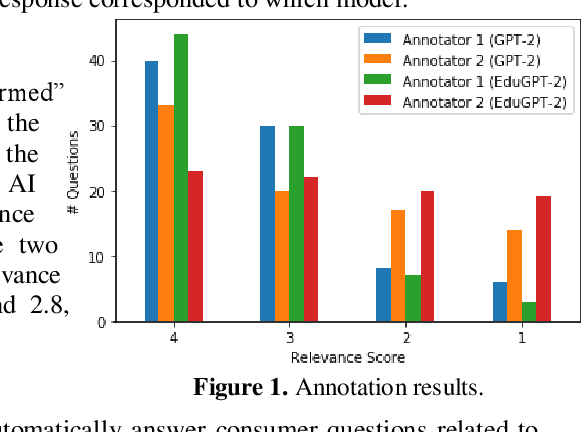Luke A. Carlson
Explainable AI in Orthopedics: Challenges, Opportunities, and Prospects
Aug 09, 2023Abstract:While artificial intelligence (AI) has made many successful applications in various domains, its adoption in healthcare lags a little bit behind other high-stakes settings. Several factors contribute to this slower uptake, including regulatory frameworks, patient privacy concerns, and data heterogeneity. However, one significant challenge that impedes the implementation of AI in healthcare, particularly in orthopedics, is the lack of explainability and interpretability around AI models. Addressing the challenge of explainable AI (XAI) in orthopedics requires developing AI models and algorithms that prioritize transparency and interpretability, allowing clinicians, surgeons, and patients to understand the contributing factors behind any AI-powered predictive or descriptive models. The current contribution outlines several key challenges and opportunities that manifest in XAI in orthopedic practice. This work emphasizes the need for interdisciplinary collaborations between AI practitioners, orthopedic specialists, and regulatory entities to establish standards and guidelines for the adoption of XAI in orthopedics.
Learning Unbiased Image Segmentation: A Case Study with Plain Knee Radiographs
Aug 08, 2023Abstract:Automatic segmentation of knee bony anatomy is essential in orthopedics, and it has been around for several years in both pre-operative and post-operative settings. While deep learning algorithms have demonstrated exceptional performance in medical image analysis, the assessment of fairness and potential biases within these models remains limited. This study aims to revisit deep learning-powered knee-bony anatomy segmentation using plain radiographs to uncover visible gender and racial biases. The current contribution offers the potential to advance our understanding of biases, and it provides practical insights for researchers and practitioners in medical imaging. The proposed mitigation strategies mitigate gender and racial biases, ensuring fair and unbiased segmentation results. Furthermore, this work promotes equal access to accurate diagnoses and treatment outcomes for diverse patient populations, fostering equitable and inclusive healthcare provision.
How Good is Artificial Intelligence at Automatically Answering Consumer Questions Related to Alzheimer's Disease?
Aug 21, 2019
Abstract:Alzheimer's Disease (AD) is the most common type of dementia, comprising 60-80% of cases. There were an estimated 5.8 million Americans living with Alzheimer's dementia in 2019, and this number will almost double every 20 years. The total lifetime cost of care for someone with dementia is estimated to be $350,174 in 2018, 70% of which is associated with family-provided care. Most family caregivers face emotional, financial and physical difficulties. As a medium to relieve this burden, online communities in social media websites such as Twitter, Reddit, and Yahoo! Answers provide potential venues for caregivers to search relevant questions and answers, or post questions and seek answers from other members. However, there are often a limited number of relevant questions and responses to search from, and posted questions are rarely answered immediately. Due to recent advancement in Artificial Intelligence (AI), particularly Natural Language Processing (NLP), we propose to utilize AI to automatically generate answers to AD-related consumer questions posted by caregivers and evaluate how good AI is at answering those questions. To the best of our knowledge, this is the first study in the literature applying and evaluating AI models designed to automatically answer consumer questions related to AD.
 Add to Chrome
Add to Chrome Add to Firefox
Add to Firefox Add to Edge
Add to Edge